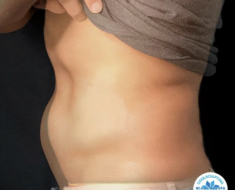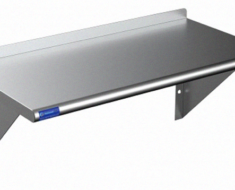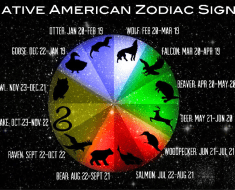
WikimediaCommons
Are you having persistent dizziness or frequent dizziness episodes? You may want to know more about this health condition.
Dizziness is a term used to describe several feelings such as light-headed, weak, faint and unsteady feelings commonly associated with minor health conditions. These minor health conditions include headache, dehydration, anxiety, stress and depression. These conditions are easily treated, so you should not get too worried when you get mild dizziness. However, you should be keen on intense and persistent dizziness as it may indicate serious health conditions such as stroke and cardiovascular illnesses.
We will discuss causes, symptoms, treatment and other issues related to dizziness.
Causes of Dizziness
Internal health conditions often cause dizziness as it is a symptom of most health conditions. In some cases, external factors may cause it. The primary causes of dizziness include:
Inner ear problems
Viral infection causes the ear to send brain signals which are inconsistent with what the eye and sensory nerves are receiving. Dizziness occurs as the brain tries to sort out this confusion.
Blood circulation problems
Low blood volume results in decreased blood flow to the brain, causing dizziness. A decrease in blood pressure may cause a faint feeling.
Cardiovascular disease
Dizziness may occur if you have heart conditions such as Arrhythmia, heart attack, cardiac arrest, heart murmur, cardiogenic shock and atrial fibrillation.
Brain related conditions
Head injury, multiple sclerosis and migraine can lead to progressive loss of balance, causing dizziness.
Additional conditions
Other causes of dizziness include vision problems, anxiety disorders, overheating and dehydration, medical supplies with dizziness side effects and carbon monoxide poisoning.
Dizziness symptoms
Dizziness may manifest in the following feelings and conditions:
- Chest pains
- Headache
- Vomiting or nausea
- Body weakness
- Imbalance
- Fainting or faintness
- Unsteadiness
When to see the doctor
In most cases, dizziness results from common health conditions that can be managed at home, but you should visit the doctor in case of any of the following conditions:
- Blurred or double vision
- Slurred speech
- Chest pains
- Difficulty in breathing experiences
- Numbness of hand, leg or face
- Troubling walks
- Sudden change in hearing
- Severe headache
- Fever
- Sudden dizziness or dizziness without certain cause
Diagnosis
The doctor first examines you to determine the possible cause of the dizziness for apt treatment. First, you will be required to state the medication you are using to determine whether it is the cause. Dizziness diagnosis is then made in the following ways:
- Eye motion tests where the doctor watches your eyes’ path as you track a moving object.
- Magnetic Resonance imaging scan or computerized tomography scan if you have ever had a stroke or if the doctor suspects you have it.
- Blood tests done to determine presence of infection in the blood.
- Heart and blood vessel health examinations.
Treatment
Dizziness treatment aims at treating the underlying condition and once the cause is determined, you’ll receive suitable treatment. Common dizziness treatments include:
- Water pills to treat Meniere’s condition
- Anti-anxiety medication
- Medication to relieve nausea
- Preventive medicine for migraine
- Ear injection with gentamicin antibiotics
- Medication to reduce fever and treat an infection
Antihistamines and anticholinergic focuses on treating the entire dizziness rather than the underlying condition.
Home remedies and management
- Drink plenty of water as dehydration is a common cause of dizziness.
- Take ginger to relieve dizziness and nausea, especially for pregnant women.
- Eat food rich in vitamin E, such as kiwis and spinach, for blood vessels’ elasticity, thus preventing circulation problems.
- Take food rich in iron, such as poultry, red meat and beans, to help treat and prevent anemic conditions.
The bottom line
Dizziness is a symptom of other health conditions and it is treated by dealing with the underlying conditions. In most cases, dizziness is manageable, but if it is intense and consistent, you should contact your doctor for further checkups. Always practice a healthy and hydrated diet to prevent this health condition from occurring. In case you are having dizziness symptoms, reach out to reliable health providers and well-known medical stores for related medical supplies.









































